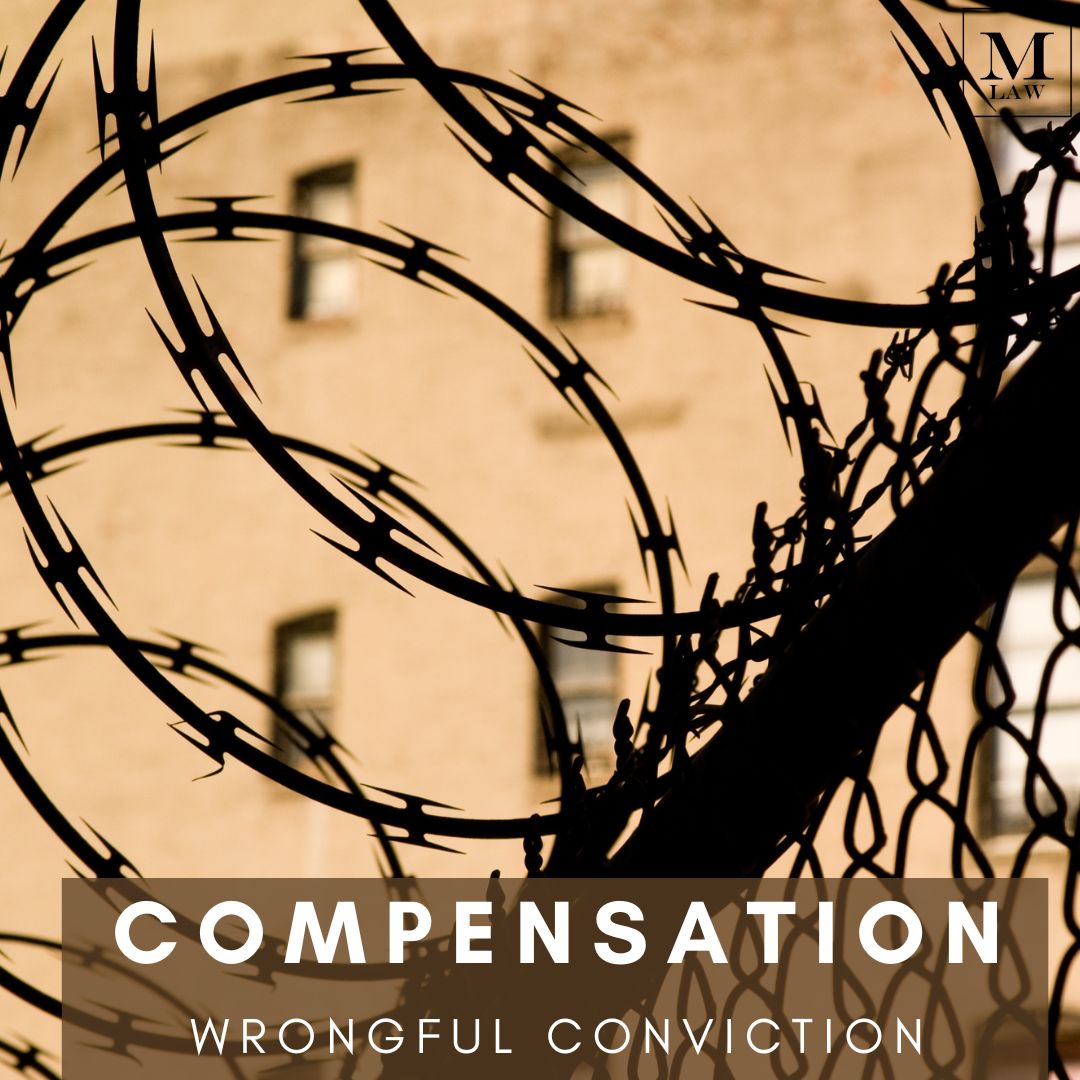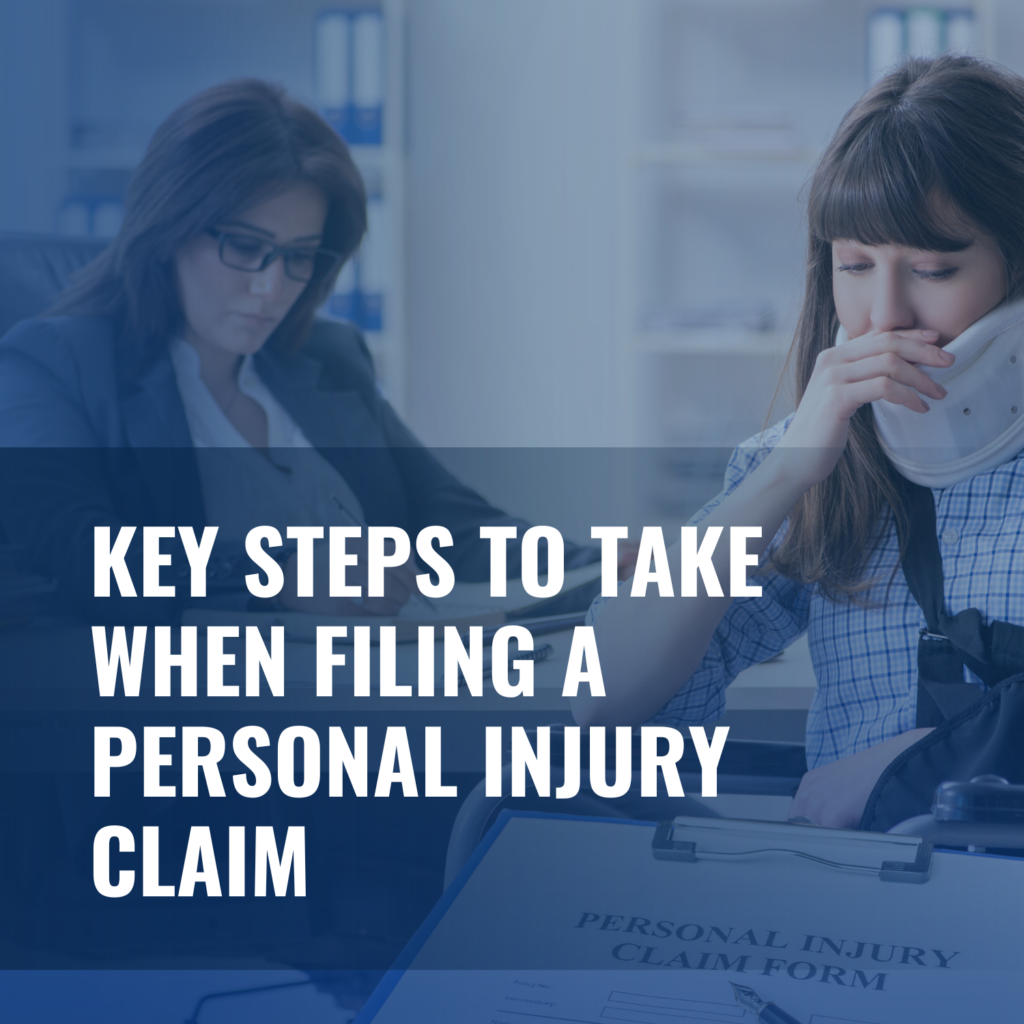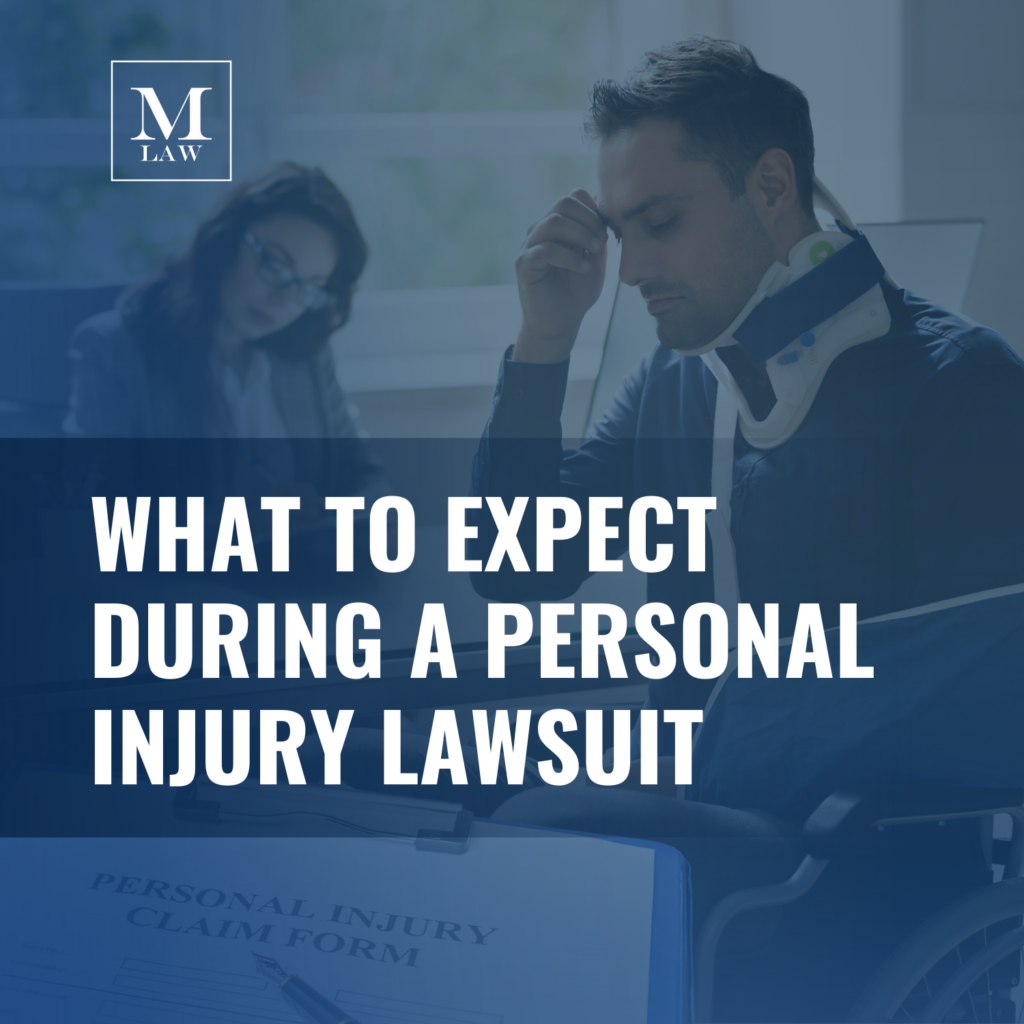Being wrongfully convicted for a crime is an unimaginable and harrowing experience that can leave a person grappling with a myriad of overwhelming emotions. The emotional impact of such a deeply unjust and traumatic ordeal can be profound and long-lasting, affecting every aspect of their life.
A wrongful conviction can ruin your chances at a successful career, damage relationships, and prevent you from doing any of the things you love.
While the scars the wrongfully incarcerated bear will never truly heal, wrongfully convicted individuals can be eligible to receive compensation for their time served in prison. Many states have established processes and laws to provide compensation to those who have been wrongfully convicted of crimes they did not commit. These compensation programs aim to address the significant harm and loss suffered by individuals who have experienced wrongful imprisonment.
The specific eligibility criteria, amount of compensation, and the process for seeking compensation vary from one jurisdiction to another. In the United States, each state may have its own laws and procedures for compensating wrongfully convicted individuals, and there is also a federal compensation program for individuals who were wrongfully convicted of federal crimes.
These programs look at a variety of factors when determining the amount of compensation you might receive:
- Proven Innocence: Typically, the individual must demonstrate their actual innocence, often through DNA evidence, new evidence, or other factors that were not available during the original trial.
- Exoneration or Vacated Conviction: The individual’s conviction must be overturned, vacated, or officially declared as wrongful by the court.
- Time Served: Compensation is usually provided based on the amount of time the individual spent wrongfully incarcerated.
- No Additional Criminal Convictions: In some jurisdictions, individuals with certain criminal records may be ineligible for compensation.
- Limitations and Statutes of Limitations: Some jurisdictions may impose limitations or statutes of limitations on the time period during which a claim for compensation can be filed.
- Civil Lawsuits: In addition to compensation programs, wrongfully convicted individuals may also have the option to file civil lawsuits against those responsible for their wrongful convictions.
It is essential for wrongfully convicted individuals to seek legal advice and representation from experienced attorneys who specialize in wrongful conviction cases. These attorneys can guide them through the complex process of seeking compensation, advocate for their rights, and help them secure the compensation they deserve for the injustices they have endured.
Get in touch with Merson Law today if you were wrongfully convicted.








